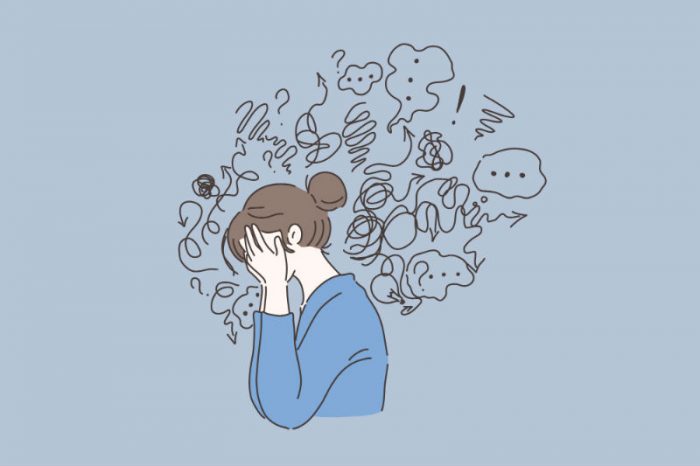If coronavirus is causing you anxiety, these simple tools may help you to manage it.
1. Avoid the news
We all want to keep up to date with what’s going on in the world, but when you have anxiety the need to check the latest news updates can become a compulsive behaviour, feeding your fearful thoughts. Try having a news detox. If you’re really worried about missing something important, you can always ask friends and family to contact you in the event of an emergency situation in order to keep you informed. This also applies to avoiding the ‘news’ on social media. Facebook and other platforms are a breeding ground for false, misleading, anxiety-inducing ‘news’. Remember that what you read on social media is not always based in reality or on fact because, in the majority of cases, it isn’t.
2. Do not rely on Dr Google!
Often when we feel unwell we are tempted to Google our symptoms to self-diagnose. But this can often exacerbate our anxiety, as we think our health condition is worse that it actually is. Instead, follow government guidelines around managing your physical health.
3. Try a countering technique
This is a useful Cognitive Behavioural Therapy exercise which involves being mindful of persistent thought patterns, essentially by confronting any fearful thoughts with a rational counter-statement. For example, if your persistent thought is something like “I will die from this virus” you can counter it with factual statements such as “Actually, most people who contract the virus make a full recovery.”
4. Stay active
Unless you are debilitated from the virus, staying physically active is advisable. Our anxiety often manifests in the body in the form of tension, nausea, headaches and so on. The negative energies pent up in your body need release, even if it’s just a few star jumps or push ups in your bedroom. Exercise will help the adrenaline to get out of your system and channel the negative energy elsewhere.
If you are interested in a workout plan that can be undertaken in the luxury of your home, then please inbox me.
5. Try breathing and grounding exercises
Guided yogic breathing and grounding exercises can help manage your anxiety. You can look for examples online, but something as simple as sitting on the floor or stretching can help. As our anxiety is often rooted in the future — worrying about something that has not happened yet, and may never happen — mindfulness is an effective technique that can shift fearful thought patterns by focussing on the present moment.
If you are interested in mindfulness coaching, please inbox me.
6. Self-care
Anything that will help you to feel positive can help. It doesn’t need to involve spending money: why not cook yourself your favourite meal, take a hot bath, read your favourite novel or listen to a song that you love. If you find yourself falling into an anxious state despite your best efforts to avoid it, do not beat yourself up. Understand that fearful reactions to uncertain situations are perfectly natural. Do not feel bad for feeling bad.
7. Remember that all things will pass
When you are in a state of anxiety it can feel as though it will never end. But it will. It’s hard to remember this, but try. All things pass eventually, including this. Remind yourself that it will not always be this way. In the meantime, take each day as it comes and, most importantly, be kind to your self.
I hope this is useful. Please stay healthy everyone!












Read 0 comments and reply